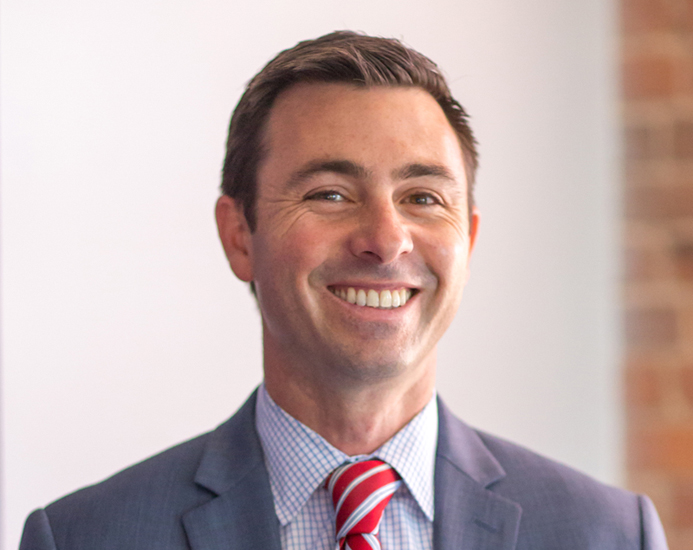
Christian Capizzo, a former state prosecutor, leads the environmental practice group for Shechtman Halperin Savage LLP, which provides legal counsel for businesses on environmental regulations. A graduate of Suffolk University Law School, Capizzo is formerly of the R.I. Attorney General’s Office, where he led an environmental crimes task force. He joined Shechtman Halperin Savage in 2015. Capizzo responded recently to questions from the Providence Business News.
PBN: What is your background in environmental law and how long have you been practicing this as a specialty?
CAPIZZO: I have been practicing law for 15 years, with a focus on environmental law for over 12 years. My environmental law career began as criminal prosecutor at the R.I. Attorney General’s Office, where I led the environmental crimes task force and worked closely with the [R.I. Department of Environmental Management’s] civil and criminal enforcement staff to prosecute environmental civil and criminal cases. Now in the private sector, I help clients navigate the complex and evolving space where environmental regulation and business intersect.
PBN: How would you assess the climate of environmental regulations in Rhode Island, given the federal movement to relax them?
CAPIZZO: In my experience, the agencies in charge of enforcing environmental regulations in Rhode Island are ahead of the curve on the national discussion. In working with these agencies and their staff, it is clear they understand the balance between environmental regulations and businesses co-existing together to protect the environment, strengthen the economy and create jobs.
PBN: From a business perspective, what should companies who are developing consider regarding environmental considerations?
CAPIZZO: Environmental considerations should be part of the overall vetting process for a business. Whether it is buying, selling, leasing or developing properties, businesses will want to ensure they do not assume the environmental liabilities of the prior landowners who may have contaminated the property. My role as an environmental attorney is to mitigate risk and maximize profit while maintaining compliance with environmental regulations.
PBN: How could the changing national environmental regulation landscape impact Rhode Island’s development?
CAPIZZO: While the dust has not really settled on the national landscape regarding environmental regulations, it appears federal funding opportunities for public and private development in Rhode Island will be impacted. This anticipated reduction in funding will create a more competitive process for developers seeking funding from state programs for their projects.
PBN: How has environmental regulation evolved in the state over the past decade?
CAPIZZO: Environmental issues are no longer an afterthought or an exception to business decision-making. Environmental agencies have increased their focus on compliance, monitoring and penalties, which has increased the accountability of business owners and environmental offenders. My experience is that developers and businesses not only consider environmental issues from a regulatory perspective but also as part of their corporate social responsibility. They recognize the bad publicity that comes from contaminating the environment and the negative impact it can have on their bottom line.
Mary MacDonald is a PBN staff writer.











